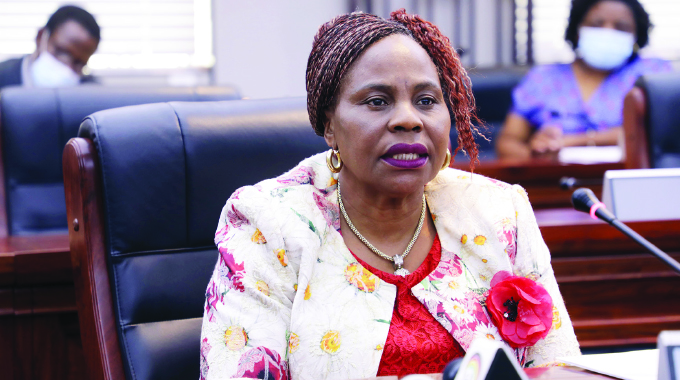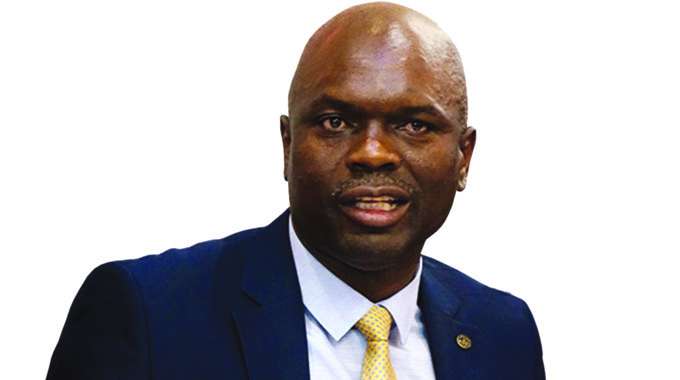Leveraging power of renewable energy to light up Africa

Ruth Butaumocho
African Agenda
Several African countries will agree that the past five years have been extremely difficult in accessing power for commercial and household use as the continent battles with dwindling energy supplies.
Power black outs, rationing, rolling shortages, and load shedding continue to hamper many countries’ development, including African economic giants, a situation that could worsen in the next few years, if necessary steps are not taken.
Apart from perennial power shortages, and lack of foreign currency for power imports and bolstering energy, the situation has also been worsened by adverse effects of climate change.
Power shortages have adversely affected business operations as most companies are now battling load shedding, intermittent cuts and massive machinery breakdowns at some of the power plants across Africa.
Some countries with the largest electricity access deficit, such as Kenya, Uganda and South Africa, experience at least one power outage per week.
According to research by one of the world’s leading source for scientific, technical, and medical research, Science Direct, an estimated 57 percent of African households and businesses experience electricity reliability issues such as frequent, unpredictable power outages lasting for hours or days, a problem that is also negatively affecting health delivery services, outside the economic implication.
The Africa Infrastructure Knowledge Programme buttressed the sad and unfortunate development of power crisis on the continent, when it recently revealed that more than 30 African countries were now experiencing power shortages and regular interruptions in service, leading many to rely on very costly leased generating plants as an emergency stopgap.
Cote d’Ivoire cocoa exporters association, GEPEX recently hinted that cocoa grinding could drop by 40 percent to 25 000 tonnes and even further due to power shortages in the world’s top grower.
For many Johannesburg residents, electricity is more often off than on, a development which has negatively impacted businesses, which have no alternatives forms of energy.
This has also resulted in water cuts, since water and electricity systems run in tandem. Electricity outages will disrupt water reservoirs, which would need to be restarted once power has been restored.
The Republic of Congo has not been spared from the power shortages, where major cities were often plunged into darkness intermittently for some months in 2021.
Ghana, Namibia, Kenya, Mozambique, South Africa and Zimbabwe have had to resort to loadshedding schedules to sustain domestic and commercial usage, a temporary situation that would need to be urgently salvaged through the reinforcement of alternative forms of energy.
The current unmet and the future unmet demands of the power Africa needs has become a source of consternation as both Government and other stakeholders battle to solve the problem to avoid unquantifiable danger the continent faces if the issue is not addressed.
But for all the current and anticipated power shortages, Africa should not have difficulties finding alternative sources of electricity as it is home to abundant renewable energy sources such as solar and hydropower, biomass, geothermal, and to a lesser extent, wind power – which presents a huge opportunity for investment.
Solar now appears to be within reach for most communities, who can utilise this infinite natural resource without restrictions.
What it requires are robust, sustained and effective strategies to generate off grid power for both commercial and household use for generations to come.
The sun in most African countries is enough to generate off grid energy that can be used in powering commercial, residential areas and other facilities.
That alone has resulted in a surge in solar usage as countries gravitate towards different forms of renewable energy to mitigate against electricity shortage challenges, which may take years to be resolved.
A latest report that was released by the global association for the off-grid solar industry early this week, Global Off-Grid Solar (GOGLA), shows a 25 percent sales growth for solar energy kits in 2022.
“Today, more than 100 million people are benefiting from improved access to energy through off-grid solar energy kits reported by GOGLA affiliates, which represent 28 percent of the global market,” reads the report.
According to the report, most of the recorded sales were from small to medium businesses that are now investing in solar to insulate their businesses against the effects of electricity shortages.
The computations which were done by each region show that East African market grew by eight percent this year, versus the second half of 2021 due to sales accelerating in Kenya, Ethiopia and Zambia.
Nigeria continues to drive growth in West Africa, becoming the second largest market for solar energy kits worldwide.
West Africa has overtaken East Africa as the largest regional market for appliances, such as solar water pumps, refrigeration appliances and an accessory of lighting gadgets, including street lights.
Beyond household use, solar is now powering several huge commercial entities such as service stations, banks, farms and educational institutions, across Africa and beyond, partly as a backup and long -term solution to dealing with power shortages.
Even if electricity supplies in several African countries were to normalise, it could take 20 or 30 years to connect hundreds of millions of people to the grid, hence the need to be futuristic and invest in solar and a coterie of other forms of renewable energy, before it is too late.
Such investments are by no means cheap, because solar infrastructure, such as solar farms are capital intensive and would probably call for private partnership initiatives so that government-backed projects can complete in no time.
Because of the sensitive nature of the energy sector, Government would need to work with prudent independent private players, with a clean track record, who will not abuse public funds, but can deliver.
Boasting satisfactory fiducial portfolios, such independent private players can be engaged on a project and based on capability.
That is the trajectory Zimbabwe has taken, an initiative that is already bearing fruits, judging by the collective projects that have been started, with some already running.
Among the private players is RioZim, which is already finalising the commencement of 178MW solar development project in Zimbabwe, which once completed would be able to power some of its mines across the country.
The Government decided to rope in private independent players on very cordial and workable terms to implement some of the solar projects.
In addition of extending an olive leaf to independent players, the Government has also gone a step further to promote the use of solar among other renewables and is now exempting duty on the importation of solar panels to promote environmental friendly sources of energy.
The measure was taken to motivate those interested in investing in solar energy. Whatever they produce in five years, they will not have to pay taxes to the Government.
It is undoubtedly clear that the world is in the middle of a profound energy transition, which calls for everyone to be on the deck to support the urgent migration to renewable forms of energy.
The transition will only be made possible by political will at country level supported by visionaries who would want to be remembered for creating an energy legacy, not only in Africa, but beyond.
With reports that off grid power is expected to electrify homes for more than 190 million in Sub-Saharan Africa alone, Africa would need progressive stakeholders to ensure that the dream does not remain a mirage, but will promote the use of other forms of renewable energy.









Comments